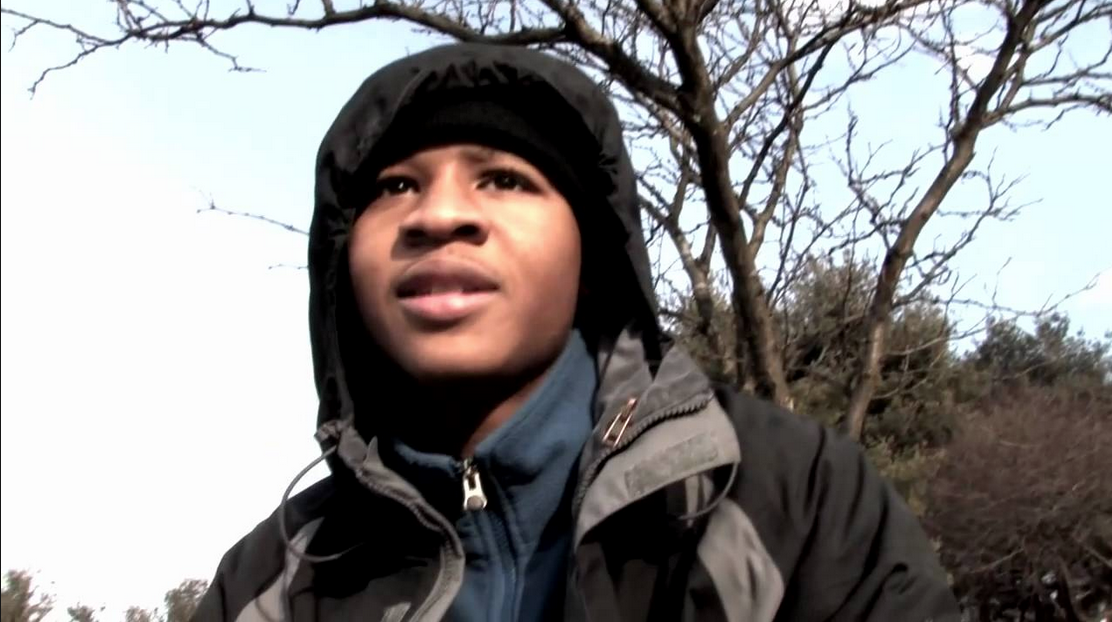
Last night, I had the privilege of attending the screening of a powerful documentary, Men II Boys, at the Charles Theatre. The movie, directed by DC-based filmmaker Janks Morton, discusses the lack of father-to-son relationships, primarily in the African-American community, and how that affects boys’ ascent into manhood. In the film, Morton interviews a range of black men asking them to give advice to young boys of color.
The documentary is based on a book, 101 Things Every Boy of Color Should Know, written by LaMarr Darnell Shields. A former Baltimore City school teacher, Shields is the CEO of the Urban Leadership Institute, which consults with corporations and institutions working with at-risk youth. “Young black men are so used to hearing what not to do: don’t drop out, don’t go to jail,” Shields said. “This book and movie are a way for them to hear from men about what to do: tie a tie, respect a woman.”
In attendance at the screening was Rep. Elijah E. Cummings, Mayor Sheila Dixon (and her 14-year-old son Joshua), media personality Marc Clarke, and an incredible range of ages that filled the largest theater at the Charles. “I turned on channel 45 to check the weather and saw that this movie was being shown tonight,” Dixon said. “So I brought my son with me because it sounds like something that could really be inspirational for the African-American community.”
As the film started, an immediate silence came over the crowded theater. The documentary spliced together several different interview sessions. One showed Morton talking to guys off the street asking them to fill this blank: “To become a man you should know…” The answers ranged from the everyday “how to separate your whites and darks” to the more serious “how to make money legitimately and save it.” Morton also interviewed well-known locals like Cummings, Baltimore Raven Daniel Wilcox, and UMBC president Freeman A. Hrabowski III about their own experiences with their fathers and how they’ve impacted them. Cummings shared a particularly touching moment when his father explained that even though he couldn’t afford Christmas gifts, his “presence was present enough.”
As with Morton’s previous film, What Black Men Think, the documentary was flooded with statistics. The film states that among the African-American population, there’s a 52.4 percent divorce rate, 68.7 percent of births are out of wedlock, and 82.3 percent of children don’t have daily contact with their fathers. Another powerful moment came when Morton was interviewing a young boy who said, “all the gangsters come from mothers, fathers just make [them] soft.”
At the conclusion of the film, Dixon got up and spoke to the audience saying that her son called it “powerful.” “This reinforces the need to connect young people to positive influences,” she said. Cummings agreed. “Thank you for letting me tell my story in the film,” he said. “We’ve got to become fathers to the fatherless.”
I talked to Morton today, who said the screening was everything he hoped it would be and more. “Last night was way beyond my expectations,” he said. “Everyone laughed, took pause, and gasped at the right places.” Morton and Shields say they hope that this film can inspire a greater movement and they plan to keep showing it to churches and different activist groups around the country. “There are strong and powerful women that are doing excellent things,” Morton said. “But they shouldn’t be doing it alone.”
To read more about LaMarr, Janks, and their movement, check out the June issue of Baltimore magazine.
